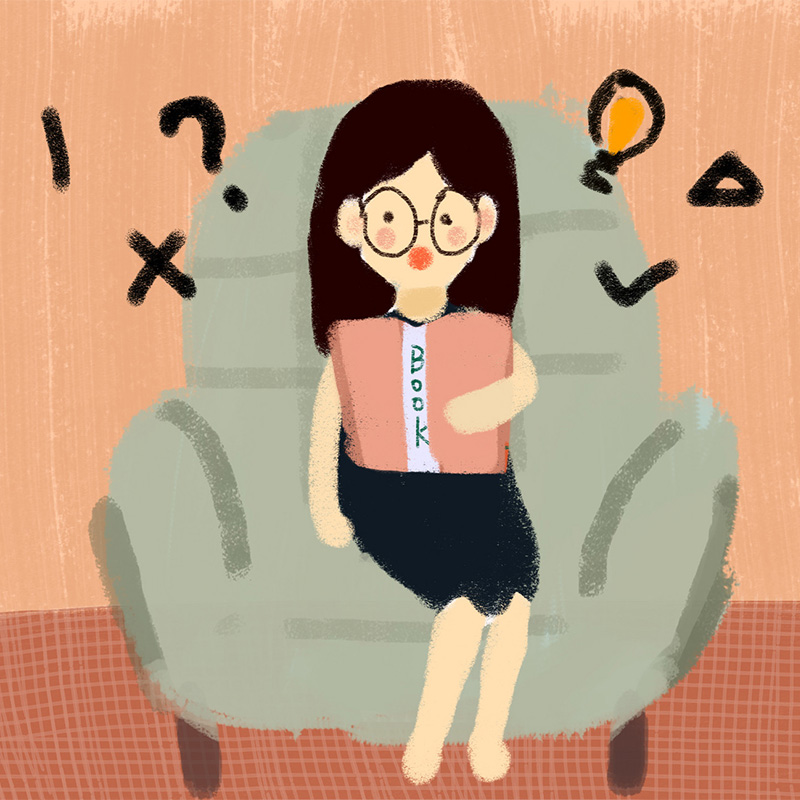为什么我们要祝福打喷嚏的人,这种风俗是从哪里来的?

New Words
practice n.惯例
superstition n. 迷信
expel vt. 驱逐;开除
remedy vt. 补救;治疗;纠正
potential n.可能性;
sneezer n. 打喷嚏者;鼻子
plague n. 瘟疫;灾祸;
The practice of blessing someone after a sneeze is probably as old as the first century. The origin of the practice is most likely rooted in superstition:
打喷嚏后祝福某人的习俗很古老,可以追溯到一世纪。这种做法的起源很可能是源于迷信:
Some thought that sneezing was expelling the holy spirit from their body, and the only way to remedy this was to bless the person who sneezed so God would forgive them.
一些人认为打喷嚏会将他们身上的圣灵驱逐,而唯一的补救办法是祝福打了喷嚏的人,这样上帝才会原谅他们。
Others believed that it was actually evil spirits leaving the body, which had the potential to endanger others once they were out in the open. The blessing was to protect those around the sneezers.
另外一些人认为,这实际上是恶魔离开了身体,一旦暴露在外,就有可能危及他人。祝福是为了保护打喷嚏者周围的人。
There was once a school of thought that people actually DIED for a brief moment when they sneezed.
也曾有一派认为,人在打喷嚏那一瞬间其实是“死了”。
During a plague that occurred in Italy in AD 590, sneezing was, or was thought to be, a sign that someone was getting sick with the plague. There is a legend that Pope Gregory I commanded that, any time a sneeze was heard, the sneezer was to be blessed by saying, “God bless you,” as protection against the plague.
公元590年,在意大利发生了一场瘟疫。打喷嚏或被认为是感染瘟疫的迹象。传说,教皇格列高利一世命令,为防瘟疫,在任何时候听到有人打喷嚏,都要祝福打喷嚏的人并说:“上帝保佑你。”
想知道卡卡老师的发音秘诀?关注微信公众号 卡卡课堂












